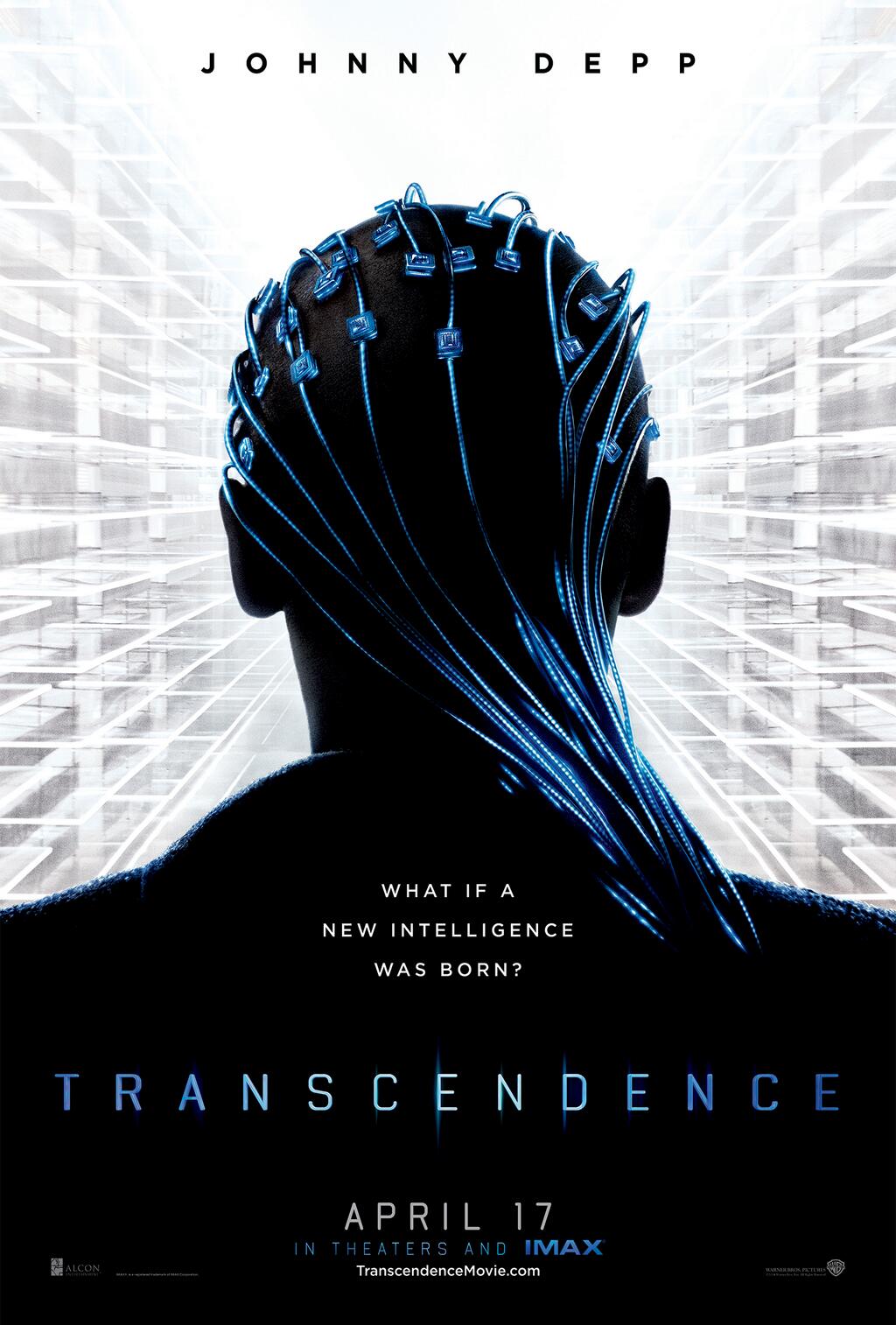First of all, could you tell us a bit about yourself?
I'm a writer, professor, media commentator, singer-songwriter, blogger.
Writing is as easy for me as talking, and I do both all the time. I
write both science fiction and scholarly/historical/futuristic
nonfiction about technology and communication. Critics of my nonfiction
sometimes say it reads like science fiction; critics of my science
fiction sometimes say it reads like philosophy; they're both right, and I
take that as a compliment. I have six science fiction novels published
the traditional way - I'm currently bringing them out as "author's cut"
ebooks in which I restore some of my original wording that gave way to
copy-editing, and sometimes more.
What do you think makes your genre special?
Science
fiction is the only form of fiction that explores what it is that makes
us truly unique, at least on this planet, and perhaps in the universe:
our capacity to change the workings of the universe in our favor.
What do you think makes a great story?
A
great story is a story that never leaves us. Whether read once or many
times, it comes part of who are you - an ever-present reference point
in your mind.
What is your latest book called and could you explain to us in 20 words what it is about?
The Plot to Save Socrates is about the real reason Socrates declined an offer to escape the hemlock, and about the complexities of time travel.
Which kind of reader do you think will enjoy your book?
Someone who likes to think, enjoys history, and human relationships.
Is it a Standalone, or part of the series? If it the latter, how long do you think will it go on?
I have a sequel about half written. Depending upon what happens at the end of that, the story could go on.
What influenced or inspired you writing it?
I never believed that Socrates declined Crito's escape offer and instead
drank the deadly hemlock. I know if some court of opinion sentenced me
to death for my views I'd have been on the first ship out of Athens in a
New York minute if given the chance. I've been vexed by that for
years. The Plot to Save Socrates tells the story of what "really" happened.
Why did you choose especially this title? Was it your first choice?
The Plot to Save Socrates was my first and only choice for title. It just came to me and felt right.
What was the hardest part for you working on your book?
Deciding
exactly how I would end it - I wasn't sure until pretty much the
next-to-last chapter. But that part was not only hard but lots of fun
to contemplate.
Was there a scene that you didn’t want to add or remove in your finished work?
The
next-to-last chapter in the author's cut - chapter 11 - was not in the
2006 novel published by Tor, because my editor thought the novel read
better without it, and the chapter would work better in a sequel. I
didn't completely agree, but didn't disagree enough to say no. Six
years later, I came to see that the chapter belongs in The Plot to Save Socrates - that's why you'll find it in the current ebook author's cut on Kindle, Nook, etc.
Do you already know what to do next?
Yes - the sequel to The Plot to Save Socrates. It will be called Unburning Alexandria. This was also my first and only choice for title.
Where can we find more about you and your books?
More about me on the Wikipedia article about me - http://en.wikipedia.org/wiki/Paul_Levinson
More about my books - http://theplottosavesocrates.com
Twitter: https://twitter.com/PaulLev
Facebook: https://www.facebook.com/paul.levinson
Any last words?
If
you're a writer, don't let anything get in the way of your writing -
just write. Same applies whenever you have an urge to read. Life's too
short to do otherwise.
 Thomas, the elderly scholar who has shown her
the document, disappears, and Sierra immediately begins to track down
the provenance of the manuscript with the help of her classical scholar
boyfriend, Max.
Thomas, the elderly scholar who has shown her
the document, disappears, and Sierra immediately begins to track down
the provenance of the manuscript with the help of her classical scholar
boyfriend, Max.The trail leads her to time machines in gentlemen's clubs in London and in New York, and into the past--and to a time traveler from the future, posing as Heron of Alexandria in 150 AD. Complications, mysteries, travels, and time loops proliferate as Sierra tries to discern who is planning to save the greatest philosopher in human history. Fascinating historical characters from Alcibiades to William Henry Appleton, the great nineteenth-century American publisher, to Hypatia, Plato, and Socrates himself appear. With surprises in every chapter, Paul Levinson has outdone himself in The Plot to Save Socrates.
























0 Kommentare:
Post a Comment